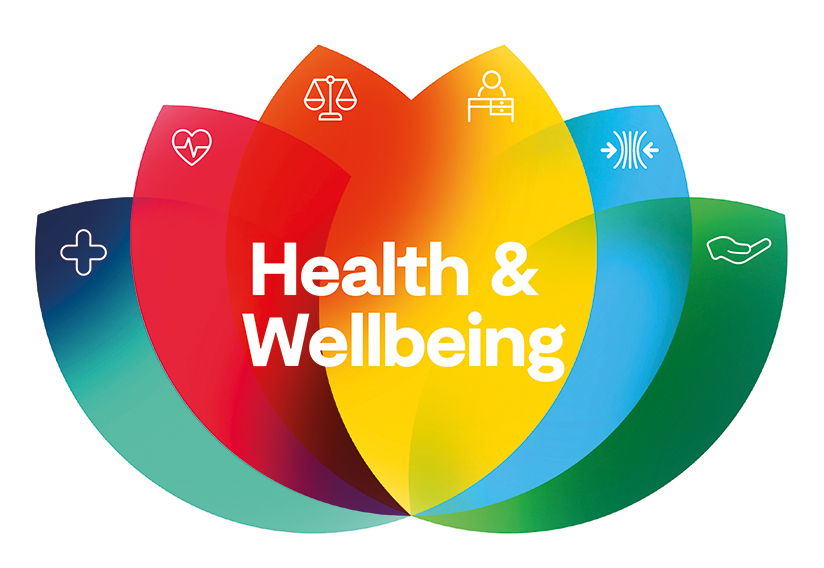Navigating Health and Well-Being as a Foreigner in Korea
페이지 정보

본문

Living in Korea as a foreigner comes with many exciting opportunities, but it also presents challenges, especially when it comes to health and well-being. Whether you’re a student, a worker, or a long-term resident, understanding the healthcare system and maintaining overall wellness is essential for a smooth and healthy life in Korea.
1. Accessing Healthcare in Korea
Korea has one of the most efficient healthcare systems in the world, but navigating it as a foreigner can be overwhelming. The good news is that with National Health Insurance (NHI), many medical services are affordable. International residents staying in Korea for more than six months are automatically enrolled in NHI, which significantly reduces medical costs. Knowing how to find an English-speaking doctor or a hospital that accepts insurance can make a big difference in times of need.
2. Mental Health Support
Adjusting to life in a new country can be stressful, and mental health is just as important as physical health. While discussions about mental health are still developing in Korea, more resources are becoming available for foreigners. International counseling centers, helplines, and university support programs offer guidance for those struggling with anxiety, homesickness, or cultural adjustment. Seeking help should never be seen as a weakness—taking care of your mind is a crucial part of your well-being.
3. Staying Healthy During Seasonal Changes
Korea experiences extreme seasonal shifts, from hot summers to freezing winters. These changes can impact your health, especially if you're not used to them. Wearing masks during fine dust days, staying hydrated during humid summers, and taking vitamins to boost immunity in colder months can help prevent seasonal illnesses. Being prepared for these transitions makes a big difference in maintaining good health year-round.
4. Eating Well and Maintaining a Balanced Diet
Korean cuisine offers many healthy options, but it’s easy to fall into unhealthy eating habits, especially with late-night food culture and convenience store snacks. Balancing meals with plenty of vegetables, fermented foods like kimchi, and protein sources helps maintain a strong immune system. For those with dietary restrictions, researching alternative food options and grocery stores that cater to international residents can make meal planning easier.
5. Exercise and Active Living
With Korea’s fast-paced lifestyle, finding time for exercise might seem difficult, but the country offers many opportunities to stay active. Free outdoor workout stations, hiking trails, and affordable gym memberships help residents incorporate movement into their daily lives. Even simple habits like walking instead of taking public transport for short distances can improve overall well-being.
6. Community and Social Support
Building a support system is key to mental and emotional well-being. Joining foreigner communities, language exchange groups, or cultural organizations like KECND can help create meaningful connections. Having a network of people who understand the challenges of living abroad can be a huge source of comfort during difficult times.
7. Preparing for Emergencies
Knowing what to do in a health crisis is essential. Familiarizing yourself with emergency numbers (119 for ambulances), nearby hospitals, and available translation services can save time in urgent situations. Some cities also offer foreigner-friendly medical centers, where staff can assist non-Korean speakers.
The journey of living in Korea as a foreigner is exciting but comes with challenges, especially regarding health and well-being. Prioritizing physical and mental health, staying informed about healthcare resources, and building a supportive community can make all the difference in creating a fulfilling and balanced life in Korea.
- PrevSeoul Takes Special Measures Against Ozone Pollution 25.04.04
- NextThe country that measures happiness — Korea 25.04.01
댓글목록
There are no registered comments.
